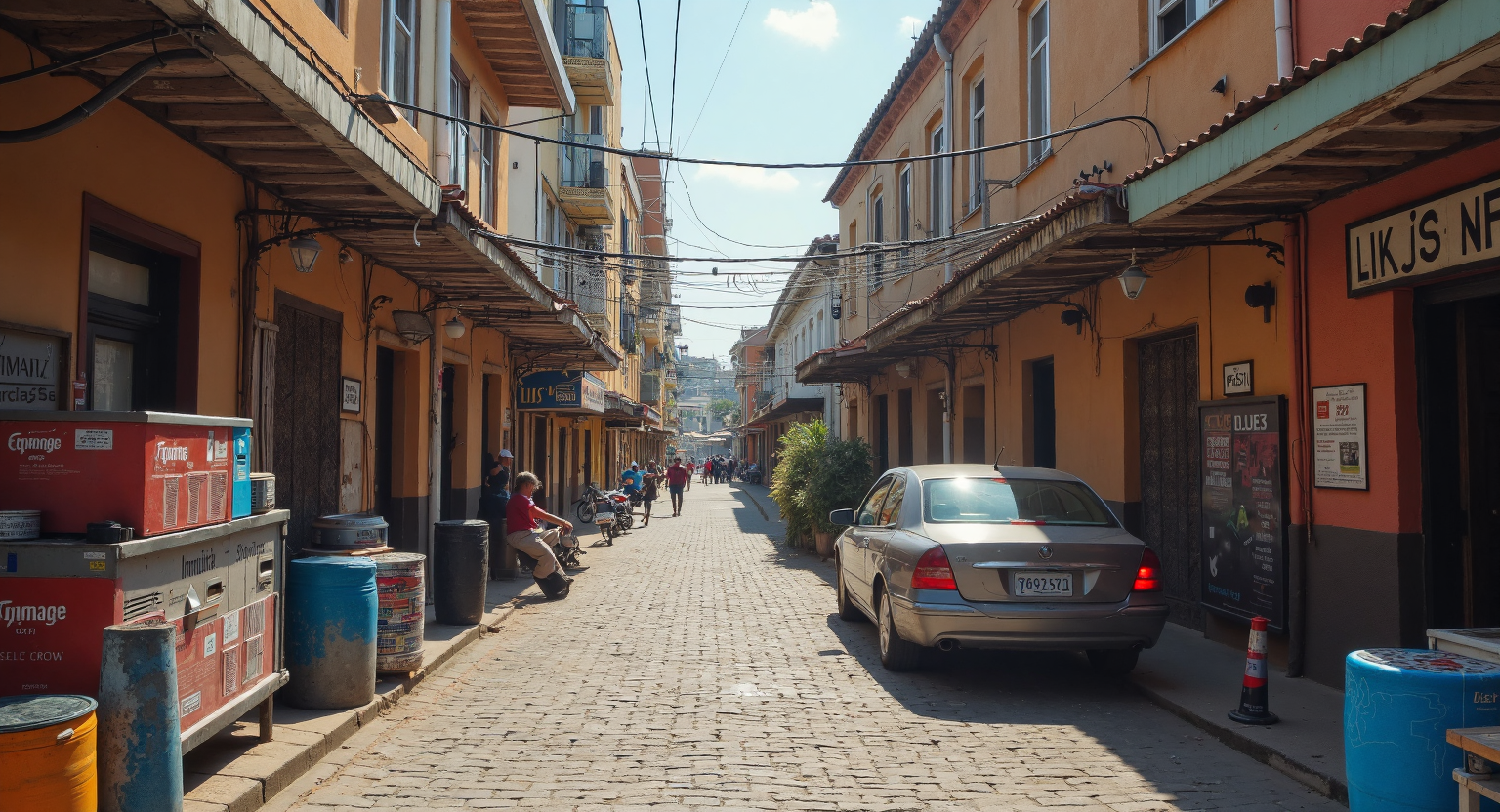
The Impact of the Informal Sector on the South African Economy
South Africa’s informal sector plays a significant role in the nation’s economy, presenting a complex interplay of challenges and opportunities. This sector, characterized by unregistered businesses and economic activities operating outside formal regulations, absorbs a substantial portion of the labor force, particularly those excluded from formal employment. This article delves into the multifaceted impact of the informal sector on the South African economy, examining its contribution to GDP, employment, poverty alleviation, and the broader socio-economic landscape.
South African Context and Market Trends
The informal sector in South Africa is deeply rooted in historical and socio-economic factors, including apartheid-era policies that limited economic opportunities for the majority of the population. Post-apartheid, the sector has continued to grow, driven by persistent unemployment, poverty, and inequality. Market trends indicate a shift towards informalization in certain sectors, such as trade, services, and small-scale manufacturing. Street vending, spaza shops (small informal grocery stores), and home-based businesses are common examples. The demand for affordable goods and services, coupled with the ease of entry into the informal sector, fuels its expansion.
Laws and Regulations
South Africa’s legal framework for the informal sector is evolving. While recognizing the sector’s importance, the government grapples with balancing regulation and facilitation. Existing laws aim to formalize certain informal activities, promoting compliance with tax and labor regulations. However, challenges remain in enforcing these regulations due to the sector’s dispersed nature and the limited capacity of regulatory bodies. Efforts are underway to streamline registration processes, provide business development support, and integrate informal businesses into the formal economy.
Opportunities and Challenges
The informal sector presents both opportunities and challenges for South Africa. On the one hand, it provides livelihoods for millions, contributes to income generation, and fosters entrepreneurship. It also offers accessible and affordable goods and services to low-income communities. On the other hand, the informal sector faces challenges such as limited access to finance, lack of infrastructure and skills development, and vulnerability to exploitation. Furthermore, the informality of operations can hinder tax revenue collection and create unfair competition for formal businesses.
Economic Impact and Statistics
Estimating the precise size of South Africa’s informal economy is difficult due to its very nature. However, various studies suggest it contributes a significant percentage to the national GDP. For example, a 2020 study by the International Labour Organization (ILO) estimated that the informal economy accounts for approximately [insert statistic]% of total employment in South Africa. This underscores the sector’s crucial role in absorbing surplus labor and mitigating unemployment. However, the informal sector’s contribution to government revenue remains limited due to low tax compliance. This poses a challenge for fiscal sustainability and public service delivery.
Examples of Informal Sector Activities
South Africa’s informal sector encompasses a wide range of activities. Street vending, particularly of food and clothing, is prevalent in urban areas. Spaza shops cater to local communities, providing essential goods and services. The construction sector also has a substantial informal component, with many individuals and small teams operating outside formal registration. Furthermore, the informal sector plays a vital role in providing domestic services, such as cleaning, gardening, and childcare.
Analysis and Future Outlook
The informal sector’s impact on the South African economy is complex and multifaceted. While it offers vital economic opportunities, it also poses challenges for regulation, tax collection, and fair competition. The government’s approach needs to balance regulation with support, fostering a conducive environment for informal businesses to thrive while encouraging their integration into the formal economy. Targeted interventions, such as providing access to finance, skills development programs, and streamlined registration processes, are crucial for maximizing the sector’s potential and mitigating its negative impacts. The future of South Africa’s informal sector depends on effective policies that promote inclusive growth and sustainable development.
